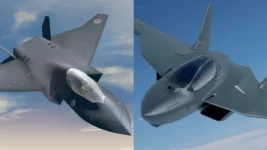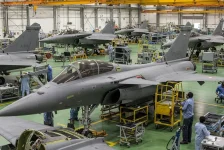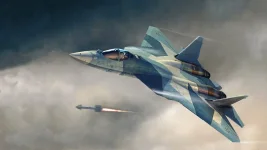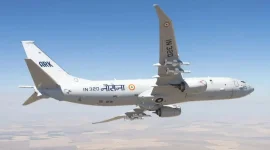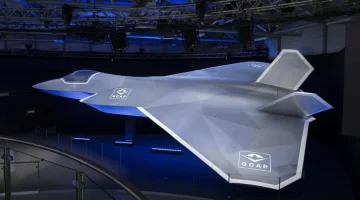- Views: 2K
- Replies: 10
The Indian government is currently considering an invitation from Japan to participate in the Global Combat Aviation Programme (GCAP), an ambitious international project aimed at developing a sixth-generation fighter jet. This initiative, presently a collaboration between Japan, the United Kingdom, and Italy, seeks to pool resources and expertise.
Sources indicate Japan's outreach to India is driven by a desire to share the significant financial investment required for such advanced military technology and to enhance security cooperation with India, a prominent nation in South Asia.
The Global Combat Aviation Programme is a trilateral venture focused on designing and manufacturing a cutting-edge fighter aircraft intended to supersede the existing, aging air fleets of the partner countries, such as the Eurofighter Typhoon and Japan's Mitsubishi F-2.
The development of such sophisticated aerial combat systems is projected to cost billions of dollars. By extending an invitation to India, Japan aims to distribute these substantial costs more broadly and also tap into India's expanding defence industrial capabilities.
This diplomatic move also corresponds with Japan's wider strategic goals of fostering stability and security within the Indo-Pacific region, where India holds a significant influential position.
In February 2024, a delegation of Japanese officials travelled to India to formally present the framework of the GCAP and propose India's involvement. The Indian administration, led by Prime Minister Narendra Modi, has been actively promoting self-reliance in manufacturing, particularly in the defence sector, through its "Make in India" policy.
It is understood that Indian authorities have shown interest in the Japanese proposal, recognising the potential for acquiring advanced technologies and boosting domestic industrial growth. Participation could offer synergies with India's own ambitions for developing advanced combat aircraft, such as the Advanced Medium Combat Aircraft (AMCA) program.
Japan regards India as an essential partner in its strategic vision for security in the Indo-Pacific. The two countries have an established history of defence collaboration, including regular joint military exercises such as "Dharma Guardian" between their armies and participation in multilateral naval exercises like "Malabar."
Integrating India into the GCAP could significantly deepen this existing strategic and defence partnership, marking a new phase of collaboration.

